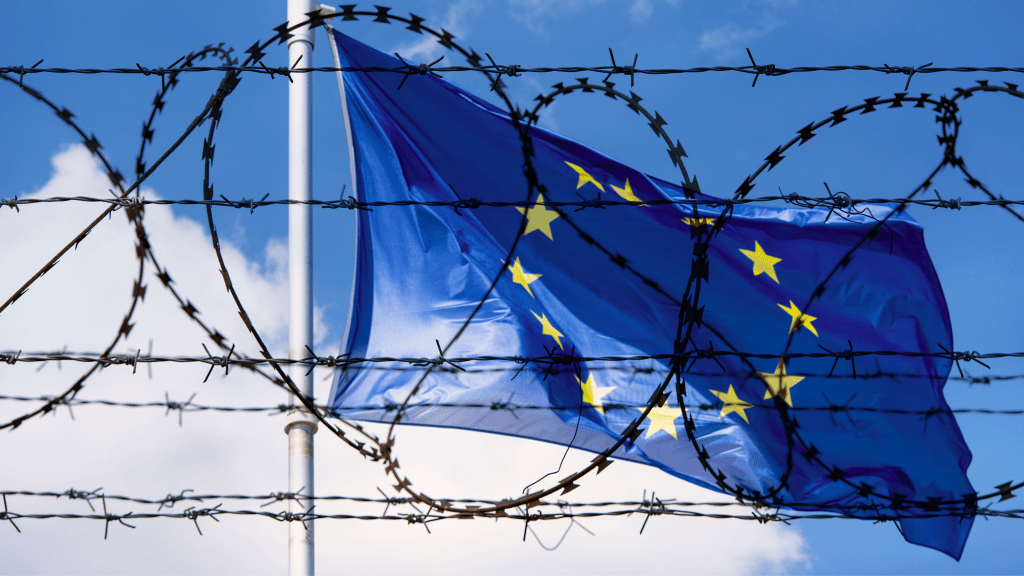Eu-policy
Reactions to the Migration Pact from Spain and Italy

In Southern Europe, reactions to the EU Commission’s proposal are mixed. In Spain in particular, there is little enthusiasm for the fact that key positions of the country have not been taken into account. Prime Minister Pedro Sánchez of the PSOE party (“Spanish Socialist Workers’ Party”) is preparing for tough negotiations in Brussels and has asked the three relevant ministries (interior/exterior/migration) to analyse the proposal beforehand. In Italy, on the other hand, the reactions are more positive.
Spain
The Spanish government tried to find a more conciliatory language; Madrid did not outright reject the pact but spoke of first having to study the proposed concept in detail. There are reasons for this: On the one hand, the compromise proposal comes as little surprise, because it had long been clear that binding quotas could not be made with the Eastern European hardliners. On the other hand, in view of the impending Covid recovery package, there is currently no inclination to disagree with the Commission on this issue. In addition, the coalition of Sánchez and the left-wing populist party “Podemos” (“We can do it”) is likely to be crushed on the domestic front if it seems that a dispute with Brussels is being carried out on the backs of migrants.
Among the points that should have been taken into account from the Spanish point of view are an automatic distribution mechanism upon arrival in the EU and the migration pressure from Latin America that additionally affects Spain. For example, significantly more asylum seekers from the former colonies arrive in Spain by plane than “illegal immigrants” via the Mediterranean. Spain also rejects express procedures at the external borders, fearing negative images and new refugee camps. On the central issue of facilitated deportations of rejected asylum seekers, it is not wrong to point out that it is frequently due to a lack of cooperation by the countries of origin or missing documents that make repatriation more difficult, and not so much inadequate EU regulations. Especially this regard, Spain is not dependent on support from the north or east of the EU, since it maintains close diplomatic relations with Algeria and Morocco, due to its historical ties and geographical proximity. Finally, the Spanish government is fundamentally dissatisfied with the fact that the practical changes to the much criticised “Dublin” procedure are mainly rhetorical in nature and even create new exceptions. This does, however, change little in the principle of responsibility of the country of arrival.
Italy
In Italy, there is a similar prevailing opinion that the proposal is first and foremost a basis for negotiation – which is objectively true. Nevertheless, Italian Prime Minister Guiseppe Conte was somewhat more optimistic and spoke of an important step towards a genuine European migration policy: “Nobody expects that the management of migration flows, a very complex and controversial issue, can be solved from one month to the next. We are all following a path that was marked by important milestones in 2018 when we realised that we had to change the Dublin regime”. Italy’s Minister for European Affairs, Enzo Amendola, commented accordingly: “We are at a turning point. It will be a complex and delicate negotiation. But Italy is at the front line.” It should help that the regional elections at the end of September ended amicably and that Tuscany in particular did not fall to the right-wing “Lega” of former Minister of the Interior Matteo Salvini. But the years of wrangling in the EU over a uniform migration policy have in any case ensured that Italy has taken the reins into its own hands for some time now. At the end of 2019, for instance, Italy renewed its migration pact with Libya, which is seen as highly controversial from a human rights perspective. One thing is certain, however: as long as Brussels does not provide any real relief for the southern European countries bordering the Mediterranean, such bilateral “solutions” are likely to increase in the future.
